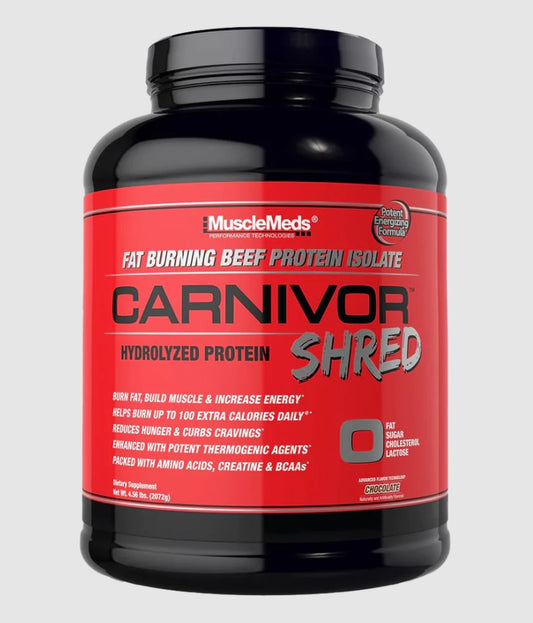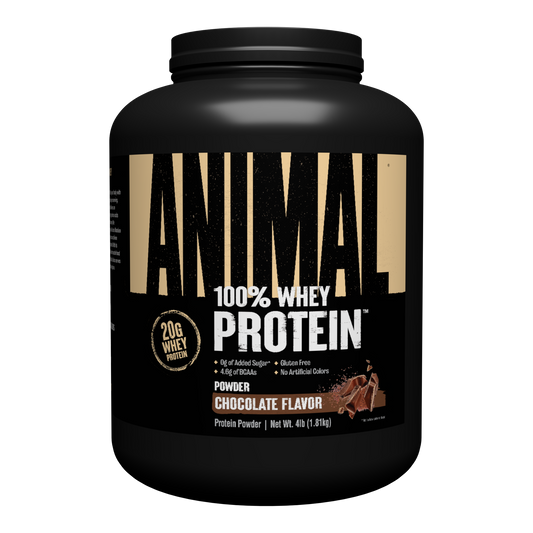-






















































Optimum Nutrition Gold Standard 100% Whey Protein
THE GOLD STANDARDFrom $47.95Optimum Nutrition Gold Standard 100% Whey Protein
Regular price From $47.95Regular priceUnit price per -
















MusclePharm Combat Protein Powder
FEED YOUR MUSCLES!From $59.95MusclePharm Combat Protein Powder
Regular price $59.95Regular priceUnit price per -
































BSN Syntha-6
ULTRA PREMIUM PROTEIN MATRIXFrom $44.95BSN Syntha-6
Regular price From $44.95Regular priceUnit price per -


























AllMax AllWhey Classic Pure Whey
SUPERIOR VALUEFrom $29.99AllMax AllWhey Classic Pure Whey
Regular price From $29.99Regular priceUnit price per -


















Insane Labz Insane Whey
FREE AGMATINE SULFATE!From $59.99Insane Labz Insane Whey
Regular price $59.99Regular priceUnit price per -


































ALLMAX Nutrition IsoFlex
TRULY SUPERIOR WHEY PROTEIN ISOLATEFrom $19.99ALLMAX Nutrition IsoFlex
Regular price From $19.99Regular priceUnit price per -








MUSCLESPORT Lean Whey
50% OFF IN CART! NO CODE NEEDED!From $67.99MUSCLESPORT Lean Whey
Regular price $67.99Regular priceUnit price per -














Dymatize Elite 100% Whey Protein
ANYTIME MUSCLE FUELFrom $37.95Dymatize Elite 100% Whey Protein
Regular price From $37.95Regular priceUnit price per -
























Alpha Lion Superhuman Protein
10% OFF W/CODE XBSYQTFrom $54.99Alpha Lion Superhuman Protein
Regular price $54.99Regular priceUnit price per -
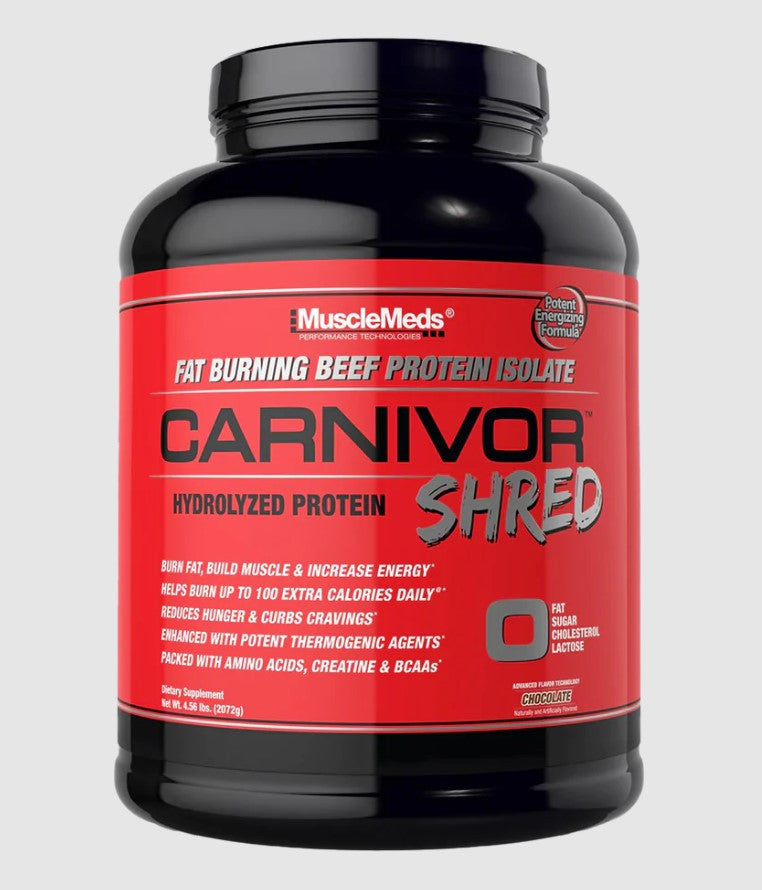
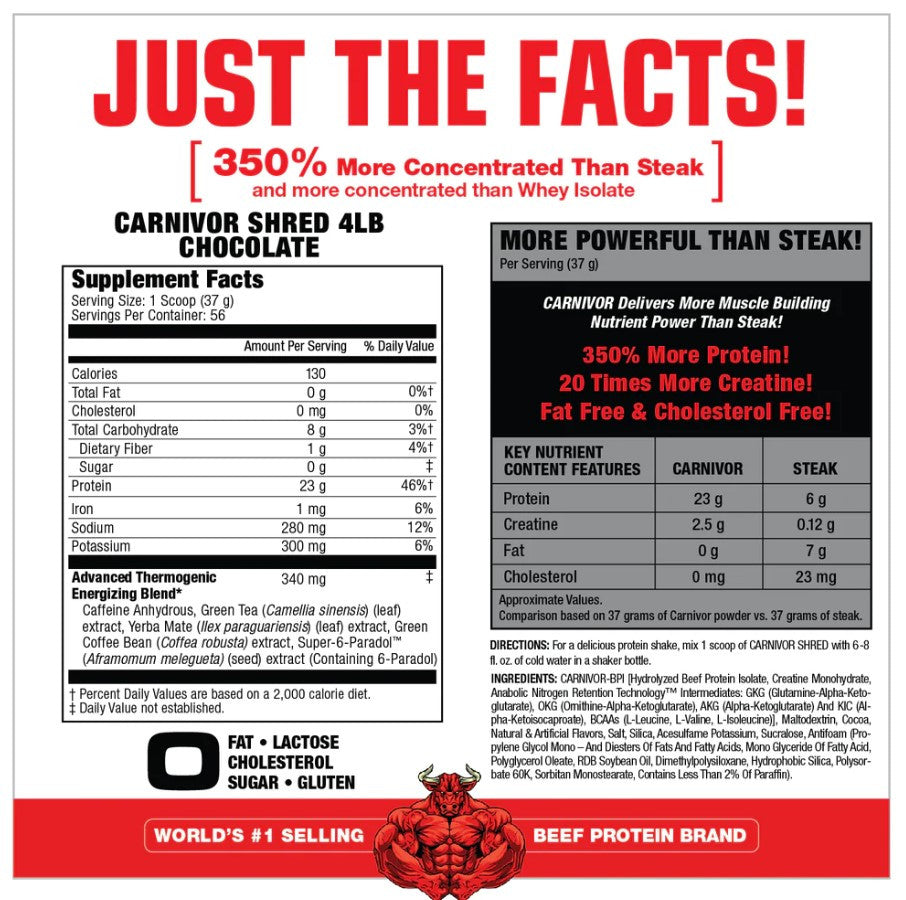
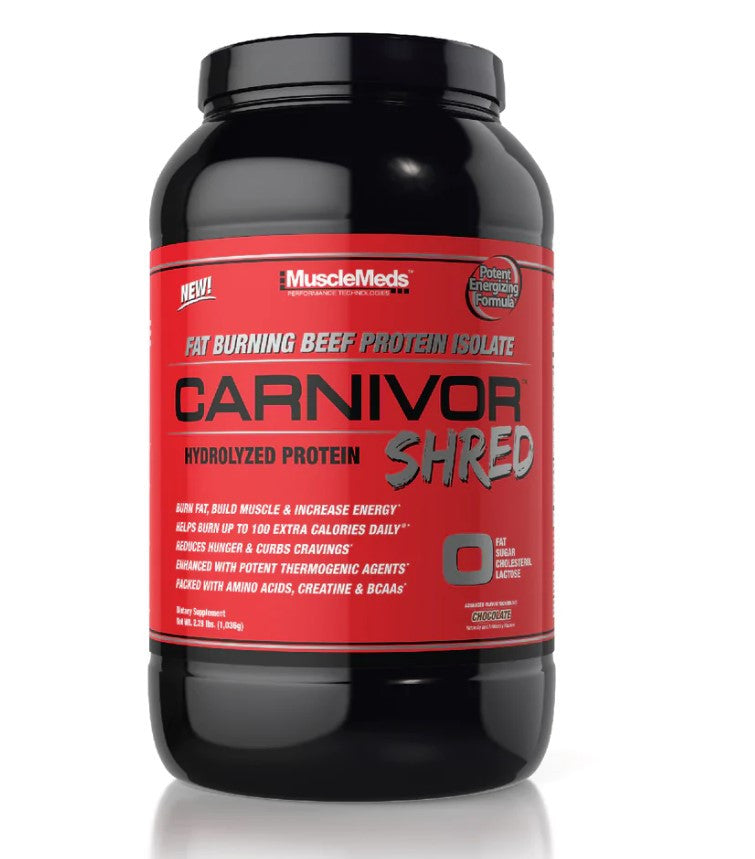
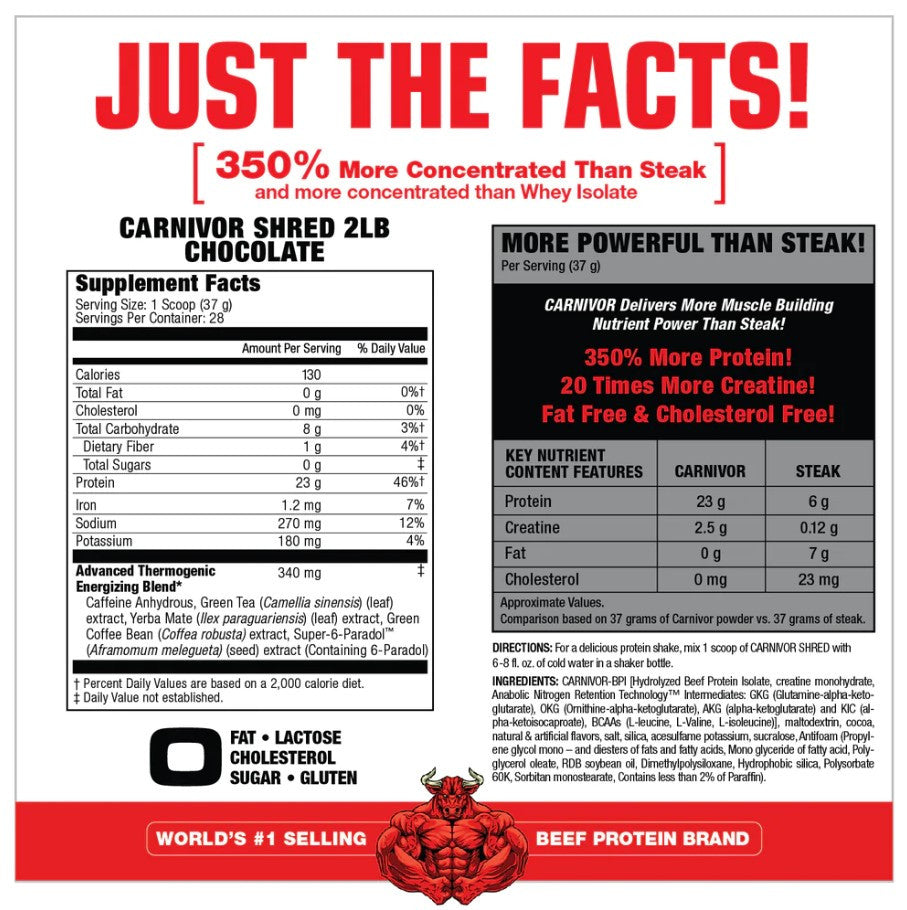
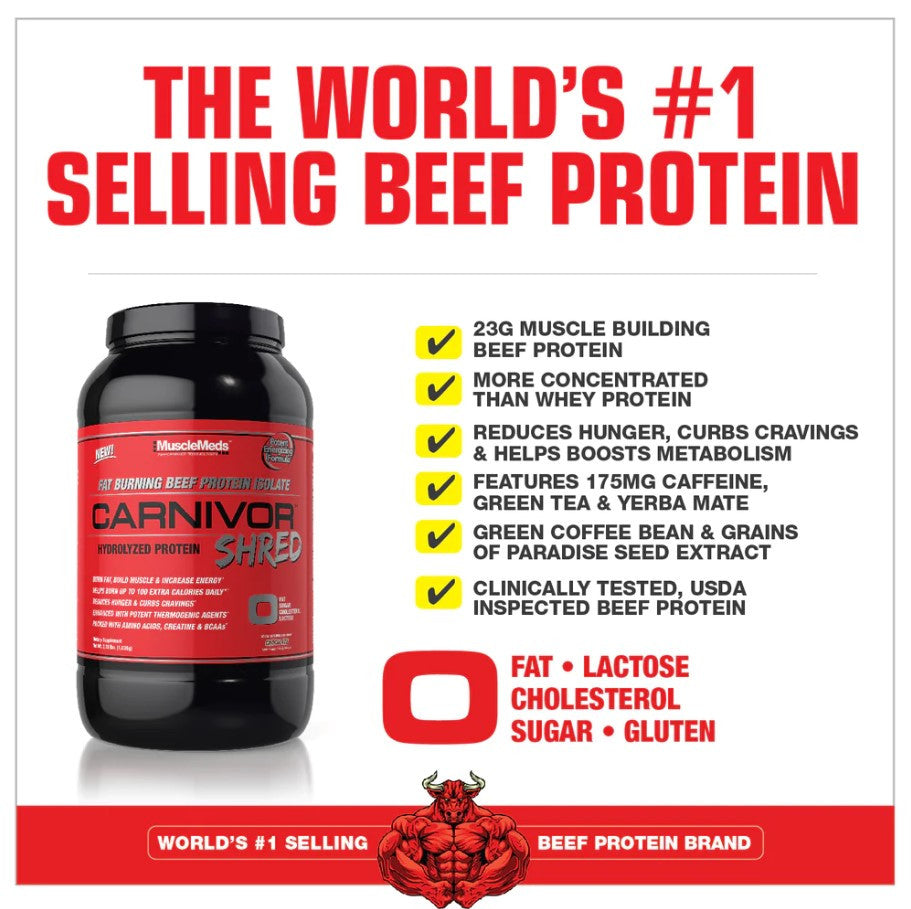
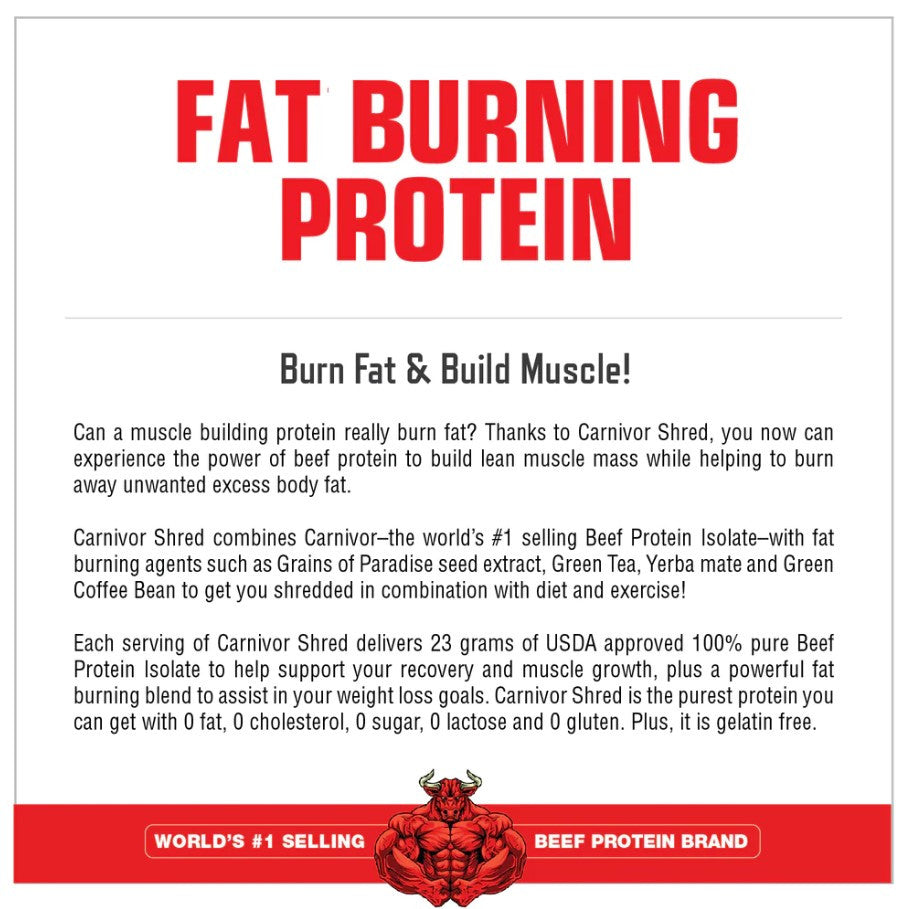
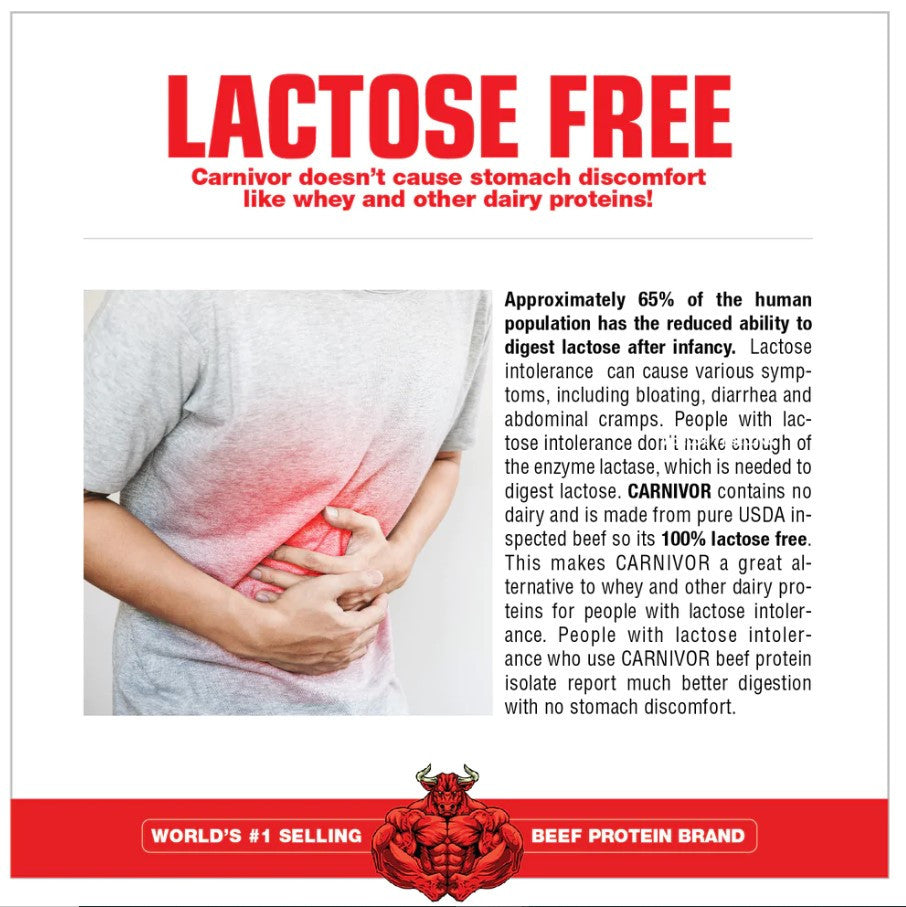
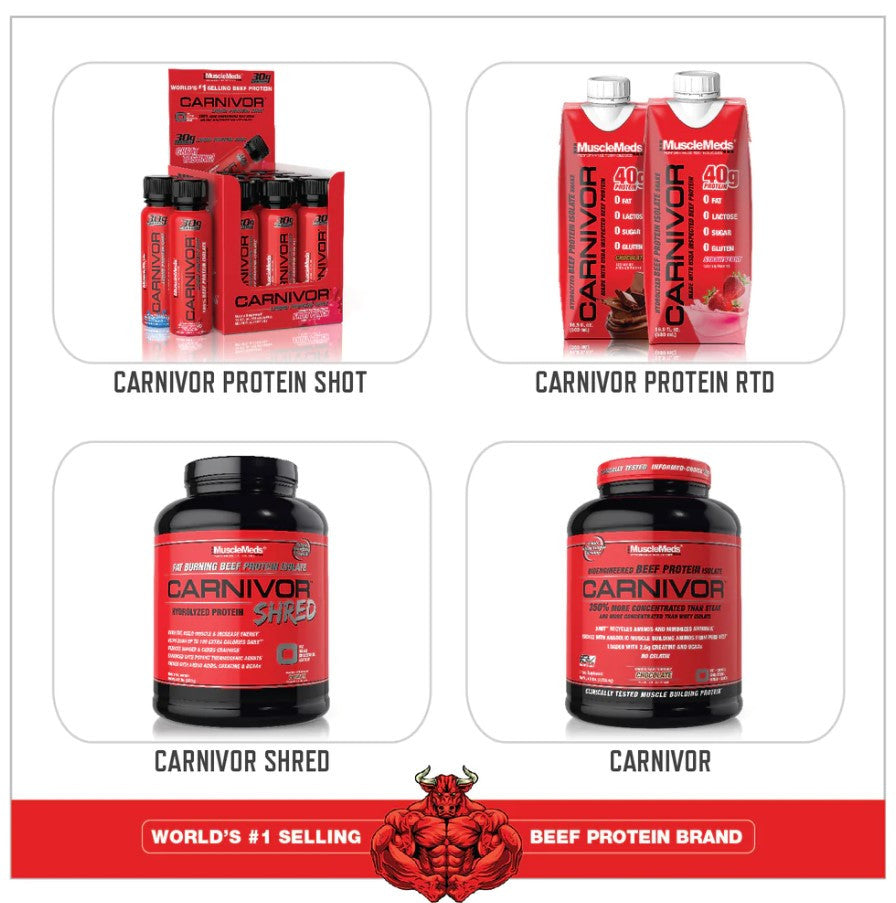
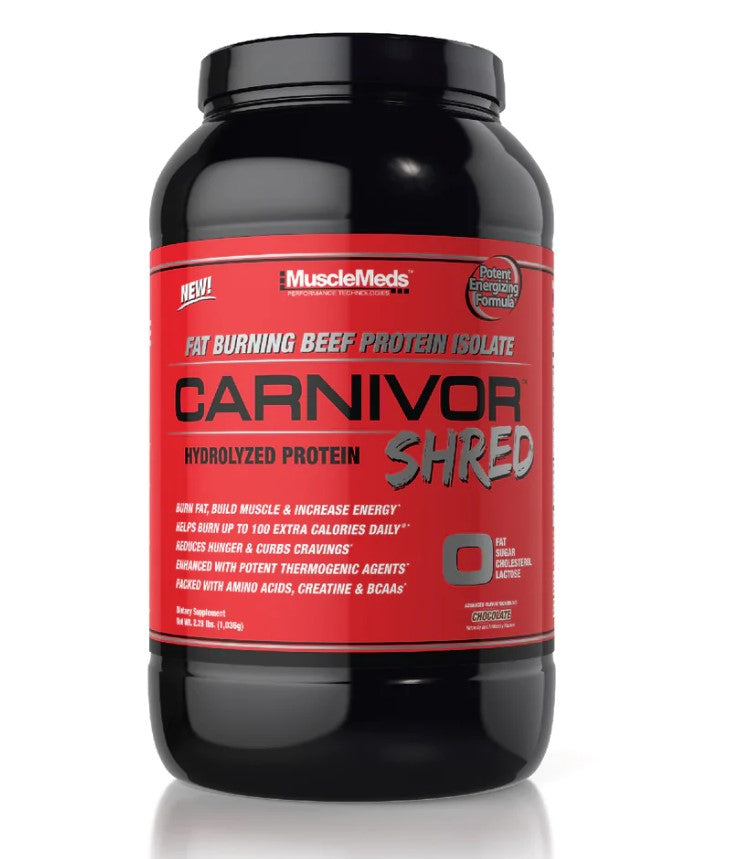
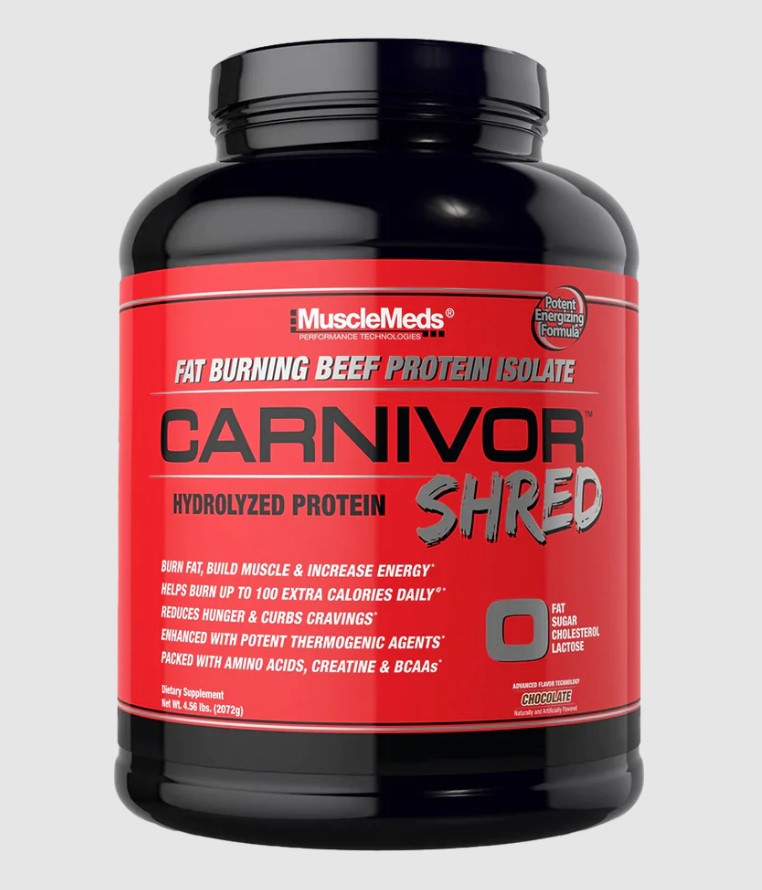
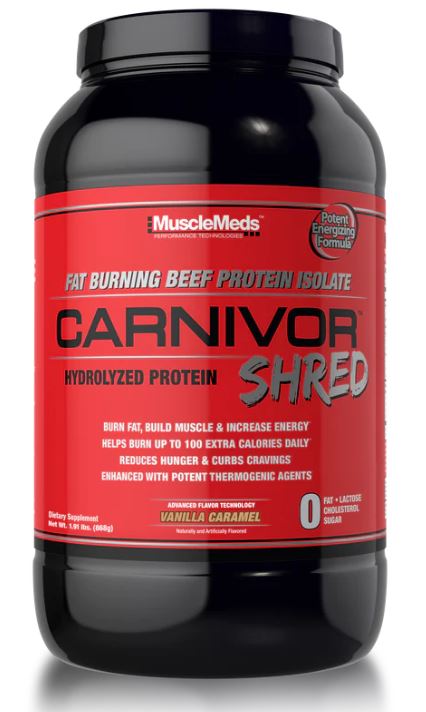












MuscleMeds Carnivor Shred
FAT BURNING PROTEINFrom $37.04MuscleMeds Carnivor Shred
Regular price From $37.04Regular priceUnit price per -






















Dymatize ISO-100
ULTRA-FAST ABSORPTIONFrom $109.95Dymatize ISO-100
Regular price $109.95Regular priceUnit price per -
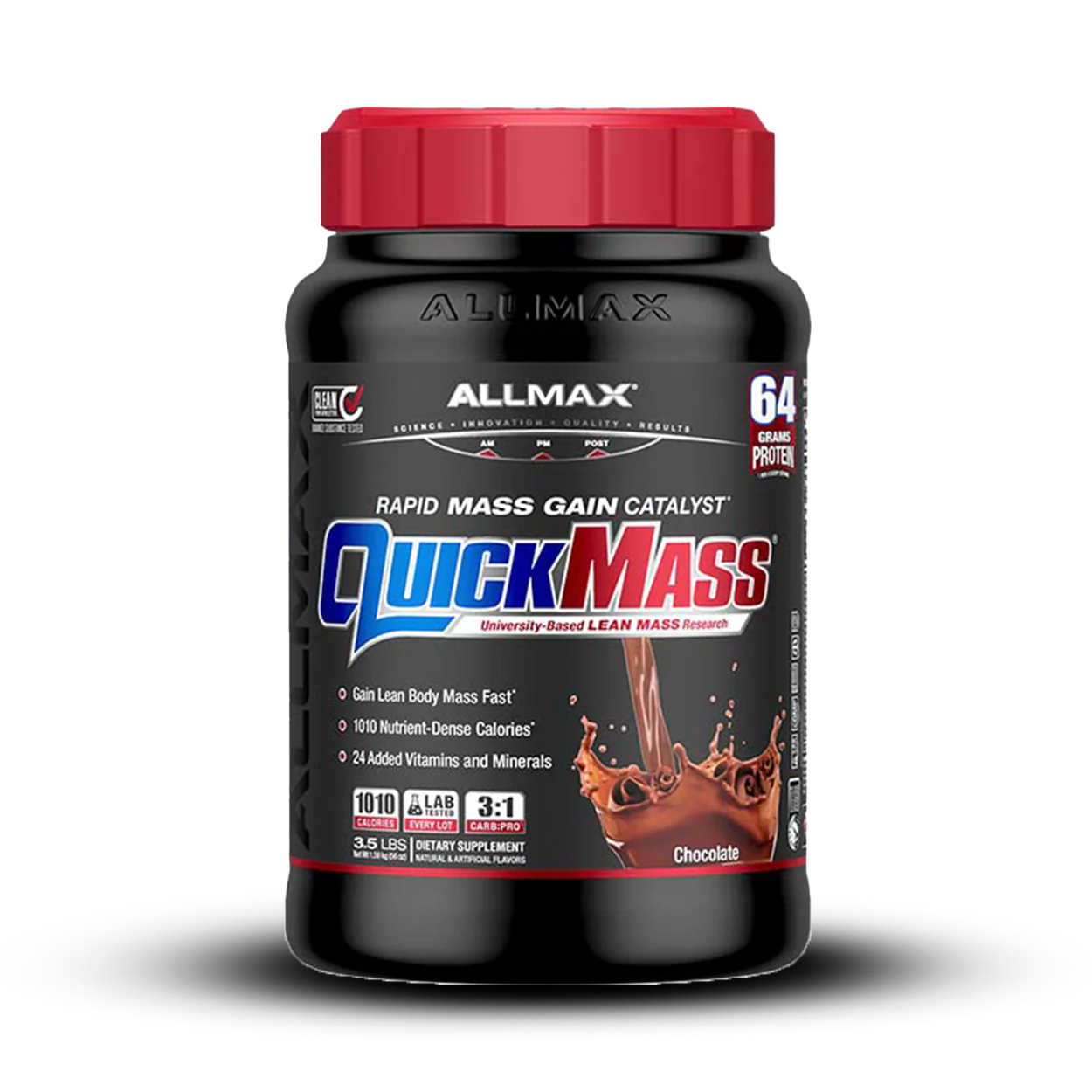













ALLMAX Nutrition QuickMass
PROVIDES 1010 CALORIES PER SERVINGFrom $34.99ALLMAX Nutrition QuickMass
Regular price $34.99Regular priceUnit price per -






















ALLMAX Nutrition AllWhey Gold
50% OFF IN CART! NO CODE NEEDED!From $39.99ALLMAX Nutrition AllWhey Gold
Regular price $39.99Regular priceUnit price per -














Colossal Labs Muscle Protein
50% OFF IN CART! NO CODE NEEDED!From $71.99Colossal Labs Muscle Protein
Regular price $71.99Regular priceUnit price per -






Insane Labz Insane ISO
FREE INSANE LABZ INSANE GLUTAMINE!From $69.95Insane Labz Insane ISO
Regular price $69.95Regular priceUnit price per -
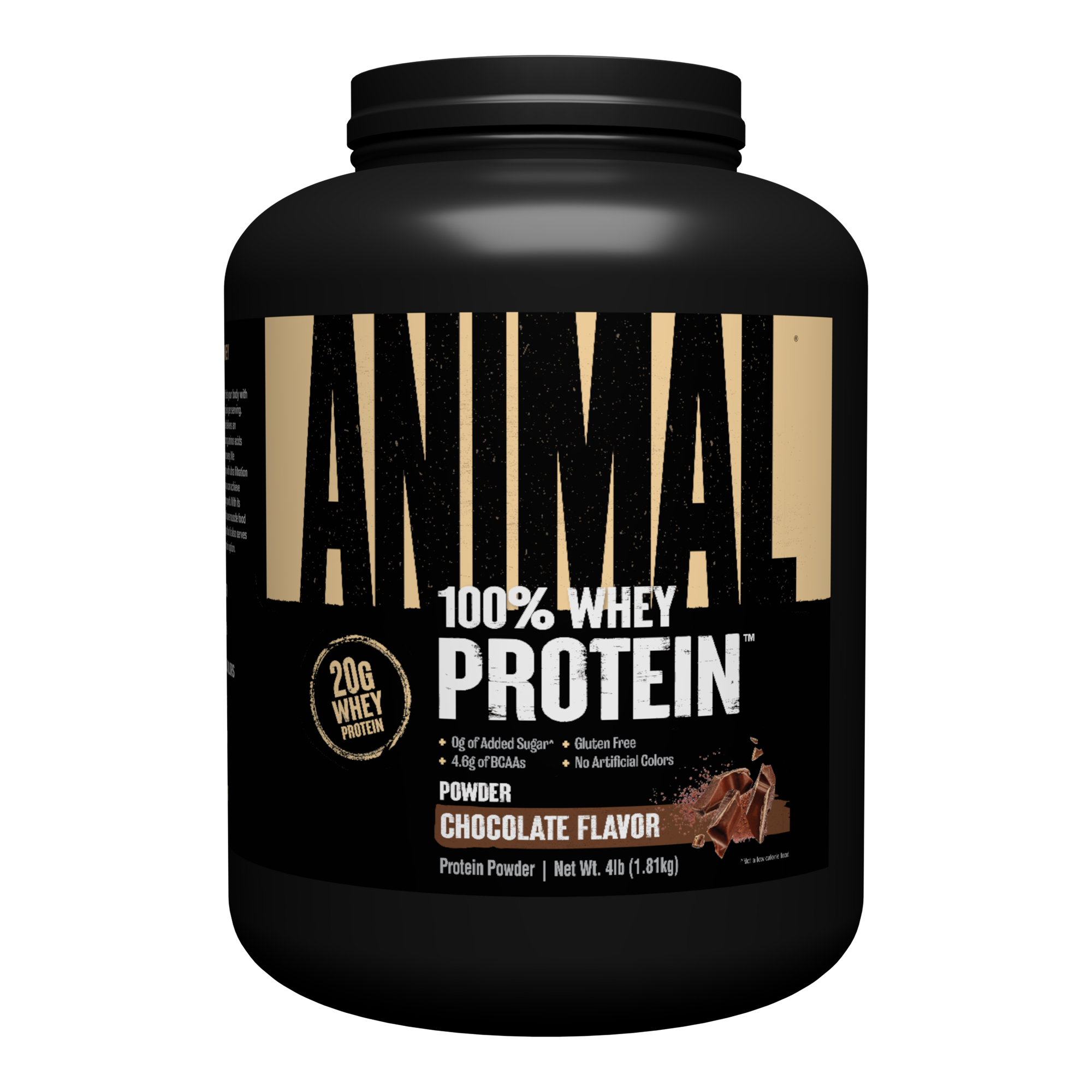
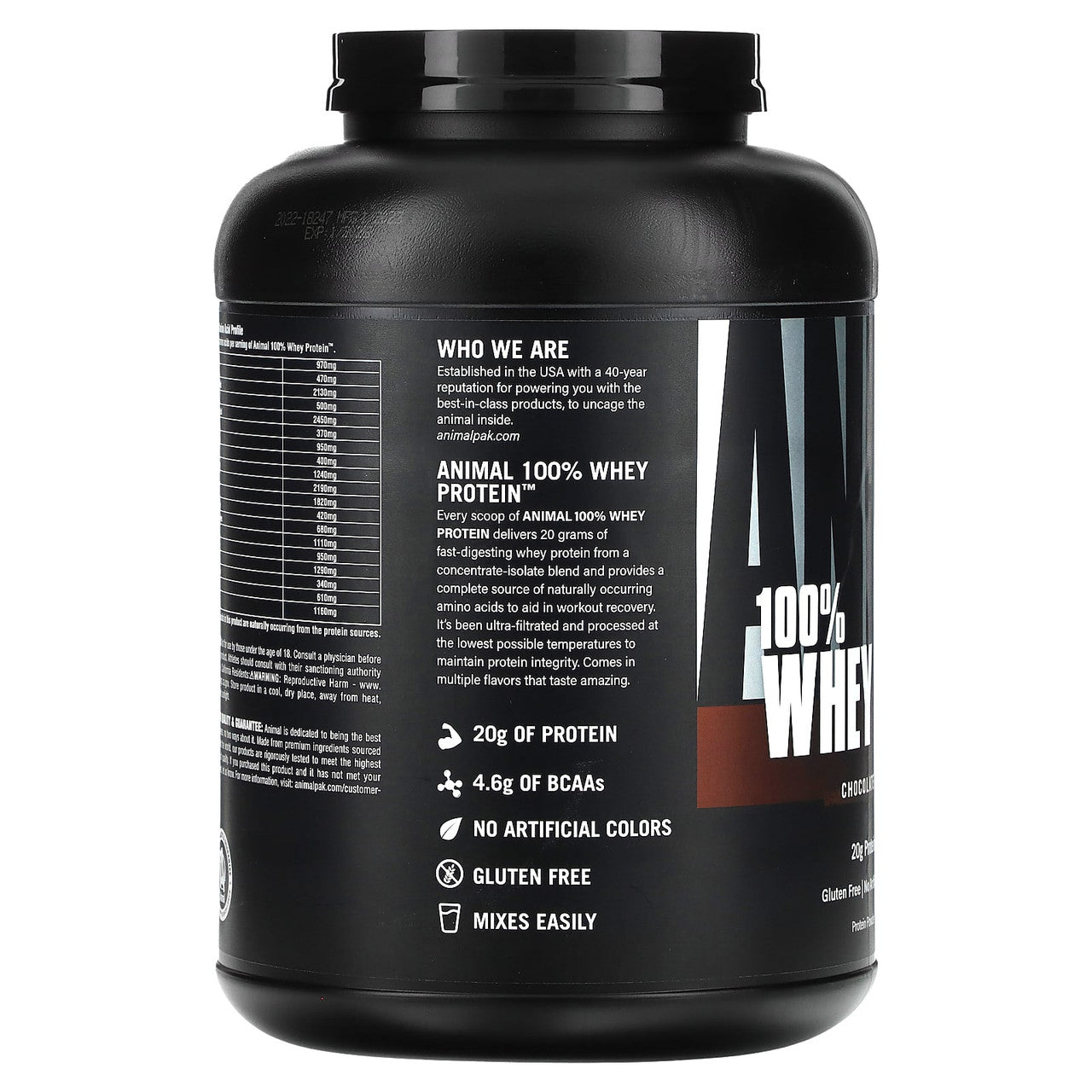
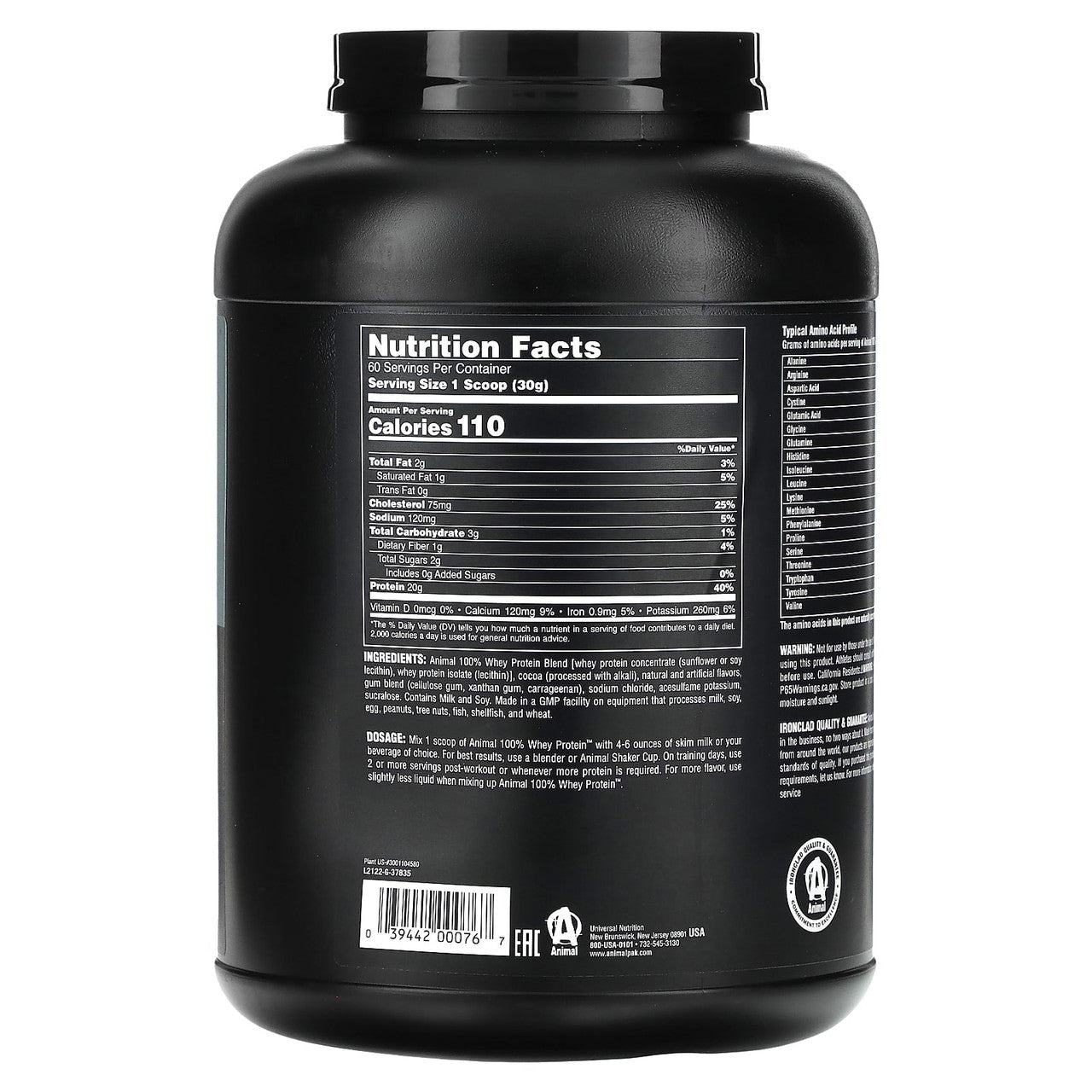
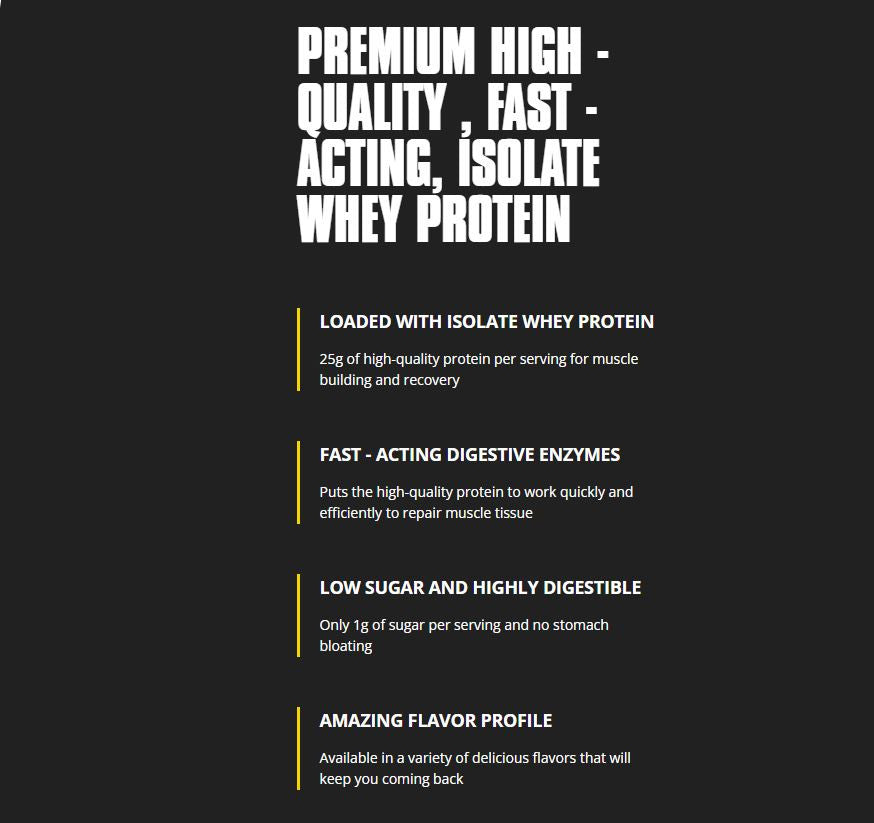






Animal 100% Whey Protein
PREMIUM QUALITY, LOW SUGAR!From $44.95Animal 100% Whey Protein
Regular price $44.95Regular priceUnit price per -

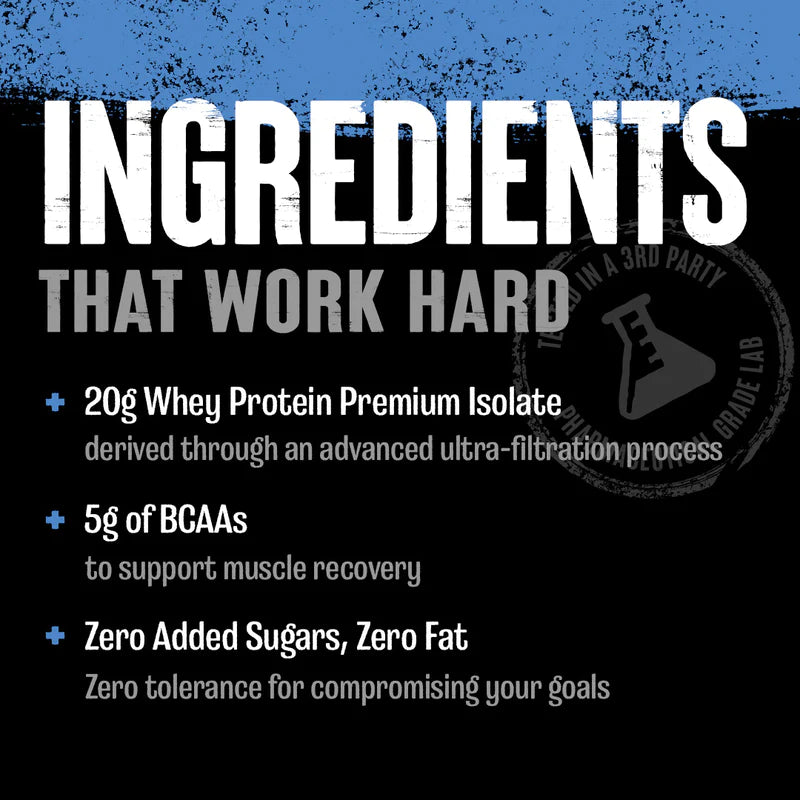

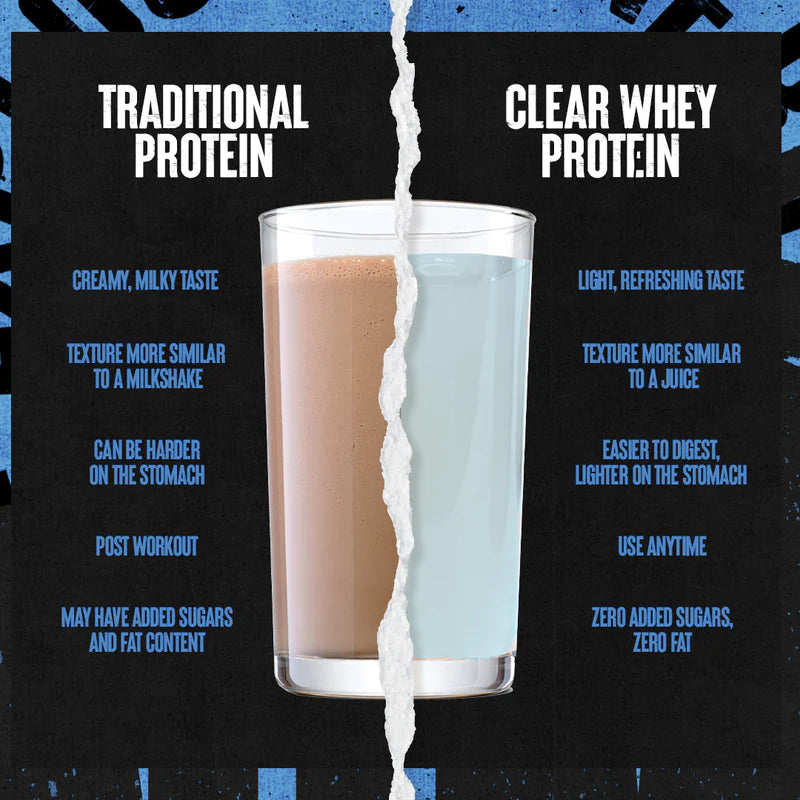








Animal Clear Whey Isolate
50% OFF IN CART! NO CODE NEEDED!From $56.99Animal Clear Whey Isolate
Regular price $56.99Regular priceUnit price per -






Inspired Nutraceuticals ISO-PF Whey Isolate
PREMIUM PASTURE FED WHEY ISOLATEFrom $44.00Inspired Nutraceuticals ISO-PF Whey Isolate
Regular price $44.00Regular priceUnit price per








































































































































